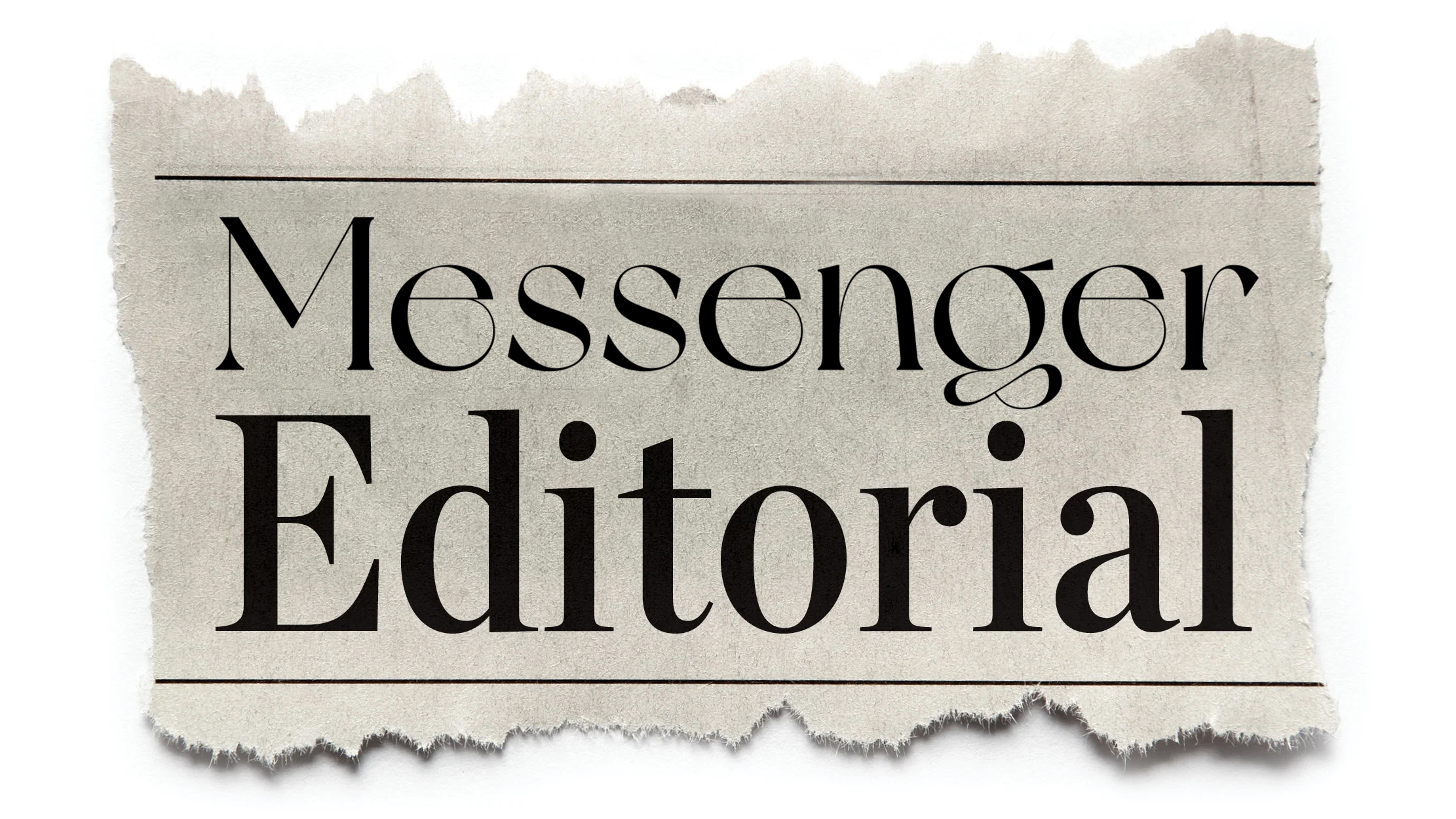It seems more common now than ever that voters are increasingly displeased with the choices they have for political office. Some chalk it up to the binary two-party system we have in the United States, others simply say that political tensions have risen so sharply that we shouldn’t expect less from the major party’s contenders.
There’s stock in both of these reasons, but we’ll state, just days before the pivotal 2024 elections, that there has never been a time in U.S. political history that either party had the “perfect” candidate.
Politicians and elected officials are people too. They have their own baggage, ideals, and histories. As long as there’s not a conga line of skeletons emerging from these closets, we would say most people running for office fit this description.
Some might take issue with rhetoric, personality, and/or charisma, or lack thereof. These aren’t bad priorities to have when making decisions at the ballot box, but it’s important to note just how important these aspects of candidates are in the grand scheme of things.
That leads us to our editorial message to close this historic campaign: a vote is not a valentine.
This Tuesday, consider policy to be your top concern. Were you better off now than you were four years ago, or two years in terms of State government? Do you find things to be just fine compared to how they were just as long ago? Are you somewhat mixed in that regard?
Your answers are yours. The validity of each is too much for us to analyze, but we assume that most voters’ reasons for their choices carry at least some degree of validity. We’re a big country, a big state, and a big county. There’s bound to be a stark contrast in opinions somewhere along the way.
But we believe that our electoral process has been hijacked by a sensationalist conglomerate of mainstream media and unelected players looking to jump in and scramble the airwaves. The public has received an onslaught of messaging of “decency” over the last several years, with no real definition provided. The powers that be seem to think that invoking these vague concepts, as nice as they are, is enough for the vast majority of Americans in this highly unique and complex country to decide who should be the leader of the free world for the next four years.
You don’t have to be in love with the person you plan on electing. You don’t have to agree with every aspect of his or her platform and you don’t have to commit your life to supporting this person, his or her party, or everything he or she stands for.
But you do have to be aware of the reason you’re planning on hitting your local polling place. We don’t hold more authority than anyone else to tell you what reasons you should have squared away in order to cast a ballot this year. However, we do think it is incumbent upon the electorate to not only research their candidates and policies of choice, but to research their own perceptions of the political ballgame being played and to organize their thoughts and emotions ahead of the vote. Spite votes – or withholding a vote due to spite – or sitting an election out entirely might be reasons to cast a ballot or not, but are they valid reasons? Are they rooted in the classical principle of putting policy in office, not necessarily a face and name?
Is a candidate on your ballot bombastic, annoying, and unconventional, but would result in what you believe to be sound policy with which you could live comfortably? Vote for that candidate. Is your candidate appealing on the outside but you don’t have a decent grasp of the policy? Do some more research. Is your candidate perfect in every possible way? We know this answer can’t possibly be in the affirmative, but if that’s what you actually think, then come to terms with his or her humanism and do some more research.
This November, we ask our readers to perform a good, long autopsy on the last four (or two) years and we ask our readers to perform a good analysis of their own priorities and reasons for voting.
Policy is key. You don’t have to take your candidate to prom, but it is your responsibility to be sure of who you are putting into office, and that begins with shelving the dissonance routinely provided by white noise of mainstream and social media and consulting the best possible barometer for the nation’s political moods:
Yourself.




